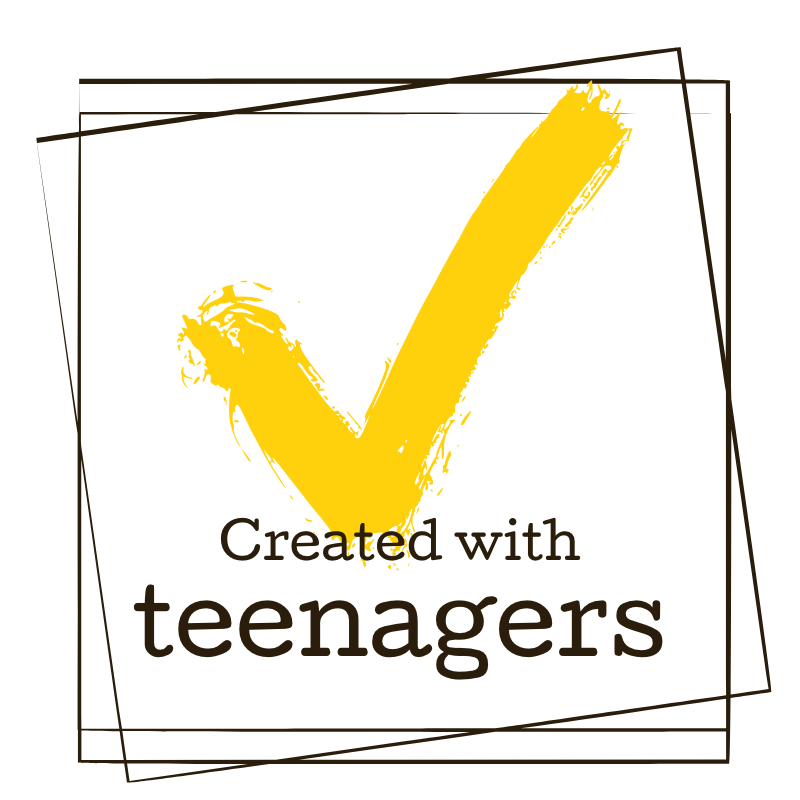Your rights and legal decisions
When you reach the age of 16 and are no longer in compulsory education you can begin to make your own decisions.

How are your wishes recognised?
Everyone has the right to have their wishes and aspirations for the future recognised and, according to the Equality Act everyone has the right to be treated fairly. The following principles should apply to the support you receive as you move into adult life.
The Department for Health has produced an easy-read fact sheet about the Equality Act and what it means for you.
When you aren’t well it can sometimes be left to other people to make decisions for you. You can make decisions in advance to help other people know what would be best for you.
The NHS has produced an easy read fact sheet about making decisions in advance.
The following pointers explain how choices about your care should be made:
- Confidentiality – The person seeing you should explain how any information you give them might be shared, and about your right to talk to someone on your own.
- Consent – The person seeing you should check that you agree with the help they are suggesting and explain other possible choices if you do not agree.
- Your needs – If you or your family need help from an interpreter or want information in a certain way, then the health or social care practitioner, or the person working with you, should try and organise this.
- Complaints – If you are not happy with the help you have received you can make a complaint.
You can also make your wishes known in advance to help those who may be making decisions on your behalf. For more information read the Department for Health’s guide about decision making.
Legal decisions
It is important that you are supported to make your own decisions – and sometimes make mistakes.
If someone else has to make a decision on your behalf, it must always be in your best interest.
If you have multiple or profound disabilities it may be decided that a close family member, relative or independent mental capacity advocate (IMCA) can make a decision on your behalf. Once again, you must always be involved as much as possible.
Mental Capacity Act
The Mental Capacity Act (MCA) is designed to protect and empower people who may lack the mental capacity to make their own decisions about their care and treatment. It applies to people aged 16 and over.
It covers decisions about day-to-day things like what to wear or what to buy for the weekly shop, or serious life-changing decisions like whether to move into a care home or have major surgery.
Got a question?
Get in touch with our friendly team.
01992 555847
Services for Young People
Youth work projects, information, advice, guidance, work-related learning and wider support for young people in Hertfordshire.
At Services for Young People (SfYP) Access Point Projects young people can access a wide range of services.
Other people to talk to
There are lots of people you can talk to – your parents, a trusted adult or one of the following:
Childline
Get help and advice about a wide range of issues. You can call them, talk to a counsellor online, send an email or post on the message boards.
Mental health helpline
Urgent and non-urgent help and advice, 24/7 for Hertfordshire residents. You can call or email them. Their website lists other help that’s available.
Kooth
An online mental wellbeing community that offers free, safe and anonymous support. You can read articles, join a discussion board, chat with the team or write in your own Daily Journal.

We created this area of the website with teenagers.
